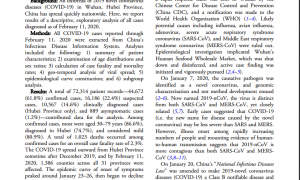salary (n.) 薪资、薪水
salary通常是指雇主与员工订定合约,在固定的时间发放给员工的固定工资,要注意的是,由于salary是概念性、抽象的东西,因此在问薪资多少的时候,不能用How much is your salary?(你的薪水多少?),那应该怎么问呢?我们来看看以下几种说法:
What is the salary of this job? / What does this job pay?
(这份工作的薪水多少?)
What is the salary range for this project manager job?
(这份专案经理工作的薪资范围是多少?)
How much do you earn a month, if you don’t mind me asking?
(如果你不介意的话,可以告诉我你一个月赚多少钱?)

wage (n.) 工资、报酬
wage是指工资、报酬,可能是以小时、日或周来计算,而且是有做才有酬劳、没做就没钱可拿。
The minimum wage in Taiwan was set to increase starting 2022.
(台湾的最低工资订于2022年开始调升。)
bonus (n.) 奖金、红利
有些公司会依照员工(尤其是业务销售人员)的个人表现来发放绩效奖金,我们会称它为bonus,而年终奖金就是year-end bonus。
How much did you get for your monthly bonus?
(你拿到多少月绩效奖金?)
除了薪水之外,公司会提供员工哪些福利也是求职者的重要考量之一。 benefit和perk都可泛指福利,但两者还是有所区别的。 benefit是指非工资的补偿(non-wage compensation),而perk则是指薪资和非工资补偿之外的额外奖励,比benefit的定义更加宽松,可从一家公司提供给员工的perk看出其文化和价值观,因此perk对员工来说算是「锦上添花」(icing on the cake)的部分。下面简单介绍有哪些benefit和perk。
Benefits:
labor/ health insurance(劳工/健康保险)
paid leave(带薪假、年假)
pension(退休金)
Perks:
free coffee and snacks(免费咖啡和零食)
tuition assistance(学费补助)
childcare(儿童托育)
company car(公务车)
This company provides great benefits to its employees.
(这间公司提供其员工很好的福利。)
One of the perks of this job is that you get to have lots of free samples.
(这份工作的好处之一就是你可以拿到许多免费的试用品。)







